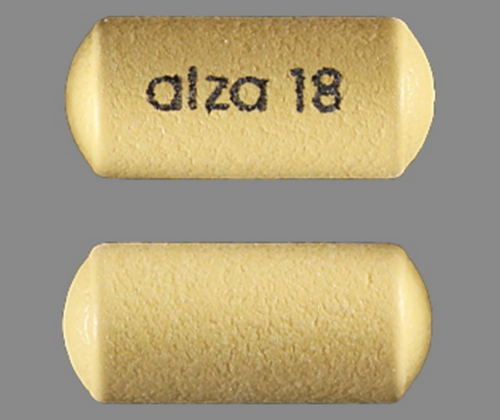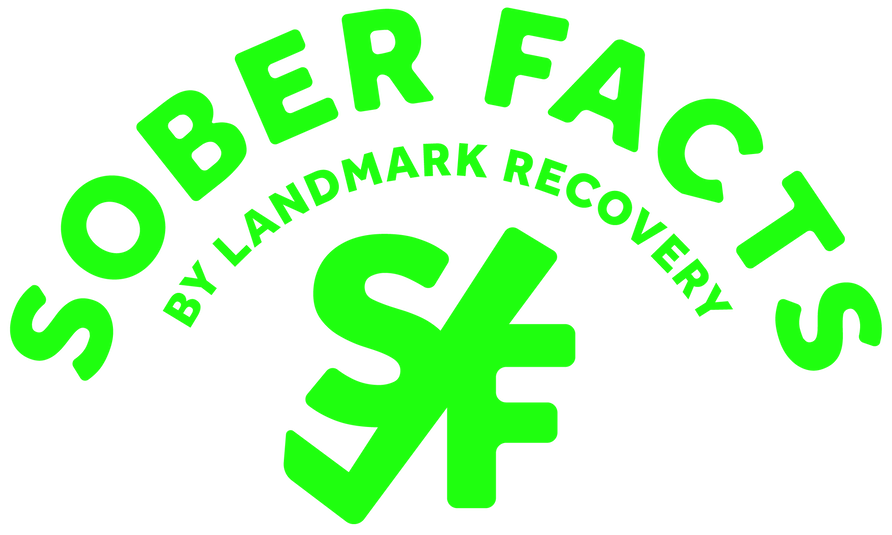Choosing recovery close to home means your support system is just a few miles away.
- 100% Confidential
- Available 24/7
- No Pressure to Commit
- Multiple Financial Options Available
Choosing recovery close to home means your support system is just a few miles away.

Sounds Like: kuhn.SER.tuh
Classification: Central Nervous System (CNS) Stimulants
Controlled Substance Act Schedule: II
Other names for Concerta

Concerta is a brand-name prescription medication that belongs to a drug class called central nervous system (CNS) stimulants. Similar to Ritalin, Concerta is a treatment option for attention deficit disorder (ADD), attention deficit hyperactivity disorder (ADHD) and narcolepsy (sleep disorder). The drug contains the active ingredient methylphenidate, which works by increasing the blood pressure, heart rate and body temperature of its users to make them more alert.
The pharmacology of Concerta is closely related to cocaine, another CNS stimulant. Concerta binds to the same receptors as cocaine, releasing more dopamine in the brain and body to produce similar, short-term effects of happiness and alertness.
Due to its short-term effects, Concerta has an increased risk for abuse and addiction. The prescription stimulant is known to improve attention and focus in its users, making it a drug of choice for students with school demands. In addition to its use as a study aid, Concerta is often taken in combination with alcohol, a CNS depressant, to help people feel more alert and less drunk in social settings like parties. It is snorted, swallowed or smoked in a white powder.
Repeated use of Concerta can lead to mental and physical dependence, especially for people who take it without a prescription or take more than what’s prescribed. Prolonged use of prescription stimulants like Concerta can cause serious side effects like sleeping and heart problems, depression, and mood swings. These are examples of physical and mental side effects, or signs that a person’s body depends on Concerta to “feel normal.”
Many people might continue using Concerta to make their symptoms go away, despite negative physical and social consequences. Drinking alcohol while taking Concerta or combining it with other CNS stimulants like cocaine can increase the risk of serious complications like strokes, seizures or a fatal heart attack.
If you or someone you know experiences intense cravings or physical withdrawal symptoms as a result of taking Concerta, substance use experts recommended tapering your body off the drug under the supervision of trained medical staff at a drug detox center.
Need help with Concerta or another drug addiction?
Call Landmark Recovery and speak with an admission specialist today.
Call NowWe're available 24/7 to help you find Recovery
Intended Use of Concerta
In 2000, Alza Corporation received approval from the United States Food and Drug Administration (FDA) to market Concerta (methylphenidate extended-release) pills to treat ADHD in children ages six and older. Concerta is also used as part of total treatment programs for ADHD patients that can include behavioral therapy and training for parents, if needed, according to the CDC. The DEA reports that some children might experience ADHD symptoms into adulthood. As a result, methylphenidate prescriptions for people 18 years of age and older are a growing market.
Take Concerta exactly as directed by your doctor or pharmacist.
Concerta is taken by mouth in many forms, including as a liquid solution, chewable tablet and capsule. The drug’s tablets are white, yellow or red in color. This medicine can be taken with or without food, but should be swallowed with eight ounces of water or another liquid. Concerta doses are based on a person’s condition and response to treatment.
Concerta use is not recommended for children under the age of six.

If any of these side effects become severe, immediately call a doctor.
Uncontrolled cravings for Concerta
Unsuccessful attempts to stop using Concerta
Prioritizing the use of Concerta over spending time with family or friends
Legal or financial problems
Use of Concerta despite adverse or negative behaviors
Stealing money or items to pay for Concerta
Lying to doctors or therapists to get more Concerta
Inexplicable weight loss
Depression
More than five million U.S. adults reported misusing prescription stimulants like Concerta at least once
Concerta has a street value between $2 and $15 per pill
In 2016, more than 62% of children ages 12-17 were taking ADHD medication like Concerta to help manage their behavior